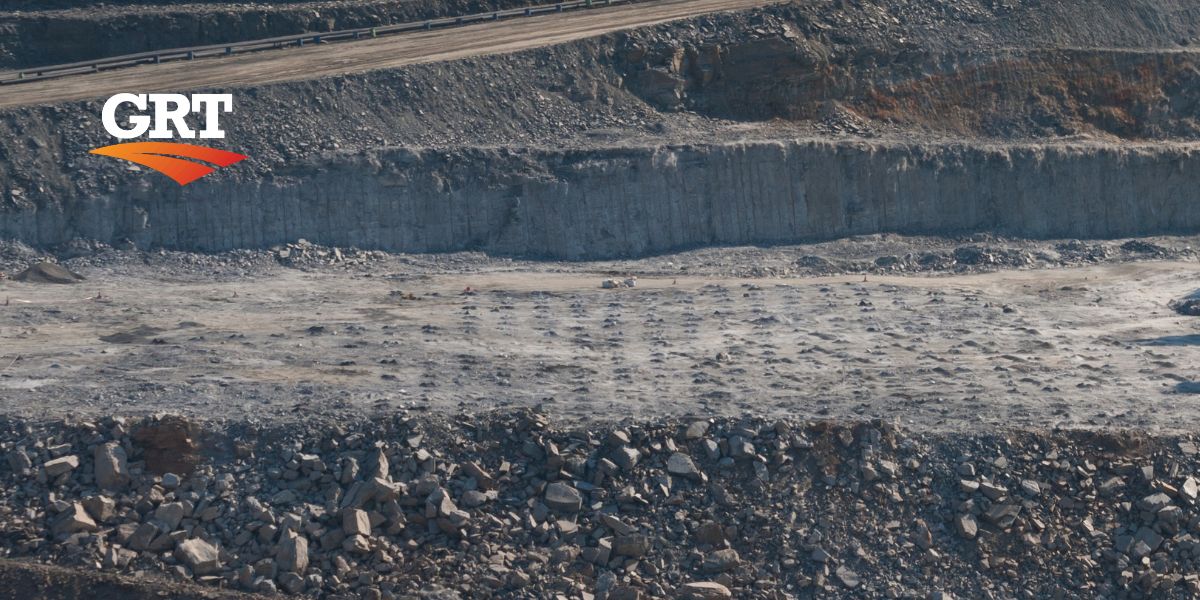States in the Persian Gulf are renowned for their massive oil and gas reserves.
But with the winds of change blowing, the Saudis and their neighbours in the UAE, Kuwait, Oman, Qatar and others are looking toward a clean energy future.
Traditionally, one of the great benefits of Gulf Oil has been its relatively low cost to produce. Simply, it’s cheaper and less carbon-intensive to pull out of the ground than other reserves, meaning the Saudis, in particular, could be the ‘last man standing’ regarding hydrocarbon production.
But with that said, much of the Gulf’s reserves may yet stay in the ground. Supported by an energy crisis caused by Russia’s invasion of Ukraine, the Gulf states are looking at a stunning $3.5 trillion from energy exports over the next five years.
The surprise is that these oil-rich nations will use the cash to fund one of the world’s most significant green energy venture funds.
Are environmental regulations, health and safety concerns or potential profit loss a concern right now?
Investing in a Green Future
Whether this green dream becomes a reality or remains a mirage is up in the air, but the signals are strong.
Saudi Arabia is by far the region’s (and the world’s) largest oil producer.
And while it’s ramping up production to a target of 13 million barrels per day, Aramaco, its state-run firm, is establishing a $1.5 billion sustainability fund.
By pouring profits into future-focused technologies like carbon capture and storage, renewables – and the most significant, hydrogen and Ammonia – the Saudis are positioning themselves to play a big part in the energy transition.
The coming years will see a steep decline in demand for oil, alongside the expectation that what is needed will be as clean as possible.
Add that to the Gulf’s vast open spaces, perfect for carbon storage and green energy facilities, including large-scale wind and solar farms, and the region is on track to become one of the world’s largest green energy producers.
The Aim: Net Zero by 2050
With a goal of Net Zero scope 1 and 2 emissions by 2050, Aramco is leading the charge with a raft of clean energy investment targets.
At a glance, these include:
- Development of unique lower-carbon fuels
- Initial focus on carbon capture and storage
- Greenhouse gas emissions
- Energy efficiency
- Nature-based climate solutions
- Digital sustainability
- Synthetic fuels
- Hydrogen
- & Ammonia
Regarding the latter two, Hydrogen and Ammonia, Aramco is making huge technical strides while broadly showing leadership to other Middle East nations.
Hydrogen and Ammonia are crucial to reducing greenhouse gas emissions and meeting the world’s growing demand for reliable, affordable, sustainable energy.
The Saudi giant is also pioneering using blue ammonia – a compound of hydrogen and nitrogen – for clean power generation.
While also fueling six Toyota Mirai fuel cell electric vehicles with high-purity compressed hydrogen at its pilot plant and technology centre.
Summary
The Gulf states of Saudi Arabia and its close neighbours have long been the world’s fossil fuel powerhouses.
But as demand for cleaner fuels increases and the shift to net-zero continues, the Gulf states are making huge investments in clean energy infrastructure.
Led by the Saudis, the largest oil-producing nation in the world, states like the UAE, Kuwait, Oman and Qatar are making giant leaps in positioning themselves as major players in the energy transition.
Whether their green dream comes true or remains just a mirage is unknown.
But it’s clear that Saudi Arabia and the Gulf states intend to remain significant players in the global energy market for many years to come.
Dust suppression is an enduring issue in the world of mining and energy.
Learn more about GRT’s industry-leading and IoT-connected SMART Dosing Units, and discover how we’re driving better dust suppression solutions for all.
Your feedback is important to us. If you enjoyed reading this Global Road Technology industry update and found it informative, please let us know by leaving a REVIEW.
References:
https://www.aramco.com/en/sustainability/climate-change/supporting-the-energy-transition/blue-hydrogen-and-blue-ammonia.
https://www.statista.com/statistics/218302/oil-production-in-key-middle-eastern-countries/#:~:text=While%20the%20largest%20importer%20of,per%20day%20as%20of%202018..
https://www.economist.com/business/2022/12/19/why-the-gulfs-oil-powers-are-betting-on-clean-energy.
Troy Adams
Troy Adams is the Managing Director of Global Road Technology (GRT) Specialising in Engineered Solutions for Dust Suppression, Erosion Control, Soil Stabilisation and Water Management. A pioneering, socially conscious Australian entrepreneur, Troy Adams is passionate about health and safety and providing innovative solutions that are cost-effective to the mining industry, governments and infrastructure sectors. Troy is also a tech investor, director of companies like Crossware, Boost, Hakkasan, Novikov and more.

